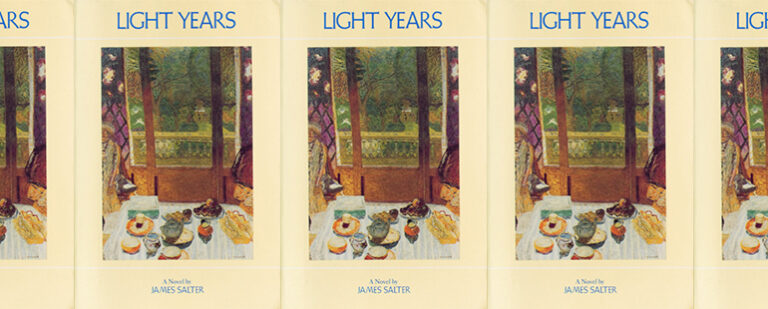Blurbese: “The First _____”
When Jonathan Franzen’s Freedom was published, in 2010, the British Daily Telegraph called it “the first great American novel of the post-Obama era.” If that sounds oddly specific (not to mention premature), they at least had good reason for it: the title of “first great American novel of the 21st century” had already been awarded to Franzen’s earlier novel, The Corrections, by Elle magazine.
There is, perhaps, a discussion that could be had about the relative authority of the Telegraph versus Elle in making such pronouncements, but in terms of Franzeniana it wouldn’t make much difference—because Margaret Atwood had already beaten out both Freedom and The Corrections as “the first great novel of the new millennium.” (According to Newsday, anyway; the New York Times called it “overlong and badly written.”)
Firsts, firsts, firsts… Critics love ‘em. Jess Walter’s The Financial Lives of the Poets was “the first great novel of the Great Recession”; Julio Cortazar’s Hopscotch “the first great novel of Spanish America. “The first great novel of the Afghan war,” depending on who you ask, is either Patrick Bishop’s Follow Me Home or Joydeep Roy-Bhattacharya’s The Watch. And then there’s my personal, surreal favourite, courtesy Jean Baudrillard—who described J.G. Ballard’s Crash as “the first great novel of the universe of simulation.” There’s one for the flap copy!
The intention behind all this neophilia is admirable, I think—a bit of well-earned ego-stroking for an author who’s done something truly special. Sure, everyone would like to write a great novel, but to write the first great novel… What an honor! Of course, by whatever criterion your book is first, things can only ever go downhill—woe betide poor Franzen, now doomed, at best, to write merely the second great American novel of the post-Obama era. But that doesn’t really matter, because subsequent books can always be the first of something else. And herein lies the problem.
See, when we have so many firsts flying around, we inevitably court the Telegraph’s ridiculous brand of granularity. Witness Esquire on Adam Haslett’s Union Atlantic: “the first great novel of the new century that takes the new century as its topic.” What kind of a compliment is that? (Gee, Adam, if we discount most books written in the last twelve years, you’re right up there!) And “the first great novel of [this year]”—yeesh! You don’t hold a candle to any book published in any other year, folks—but please submit again.
So here, now, my (self-serving) proposition: let’s ditch the first talk. I doubt Franzen cares that, according to the San Francisco Chronicle, White Teeth actually pipped the Corrections by two months—just like I don’t care that Ron Charles was the first to point out all this firsts silliness. He did it his way and now I’m doing it mine. That doesn’t mean, I hope, that we can’t both make positive contributions to the genre—only that, in writing, crossing the line first isn’t always that important.


